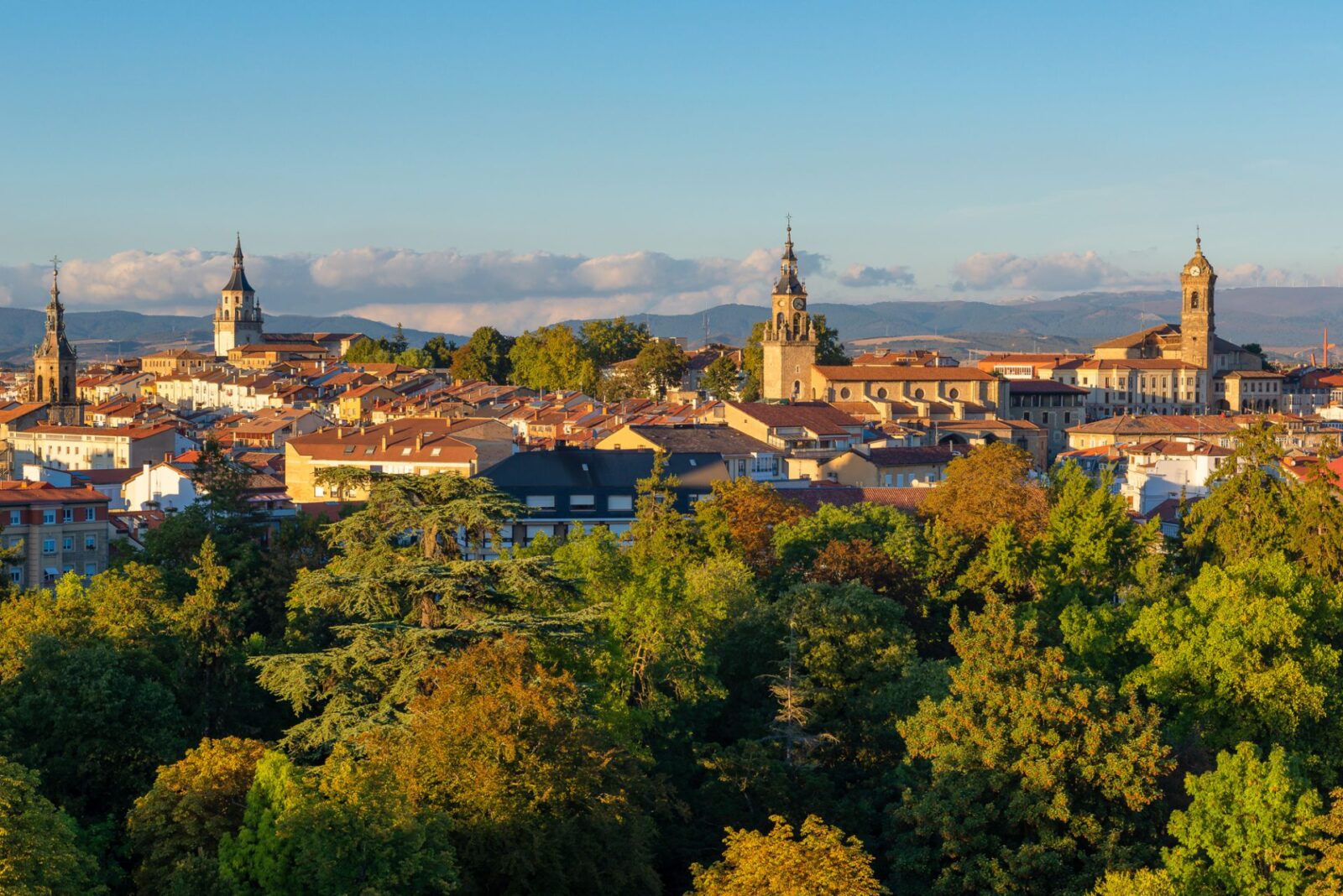People contact me when they think that they have a problem with the image of their city, region or country. This is increasingly linked to the idea of being perceived as “green”.
Positioning Strategy
The first thing I always tell them is that their name recognition and reputation can’t be fixed, built or altered with logos, slogans or green advertising campaigns. The brand of a city, region or country can only me managed by formulating and implementing a thorough long-term positioning strategy. Such a strategy should be based on local identity, in order to guarantee that it resonates with local stakeholders and retains longevity. The idea – of course – is that we want to occupy a unique positioning in the minds of (inter)national audiences, compared to other places; and research tells us that this is a long-term process and is done by consistently reflecting the intended positioning in the projects, policies, investments, infrastructures and events that places create.
So, reputations of cities, regions or countries are built through imaginative action, in the real world, not through propaganda. This is reflected in the place brands that have historical presence in the minds of consumers around the world. Cities, regions and countries that conjure up very strong associations that most of us hold dear in our minds. Some places do that; they are beacons in our collective consciousness. Paris – for instance – with its arts, architecture, city planning, local culture and language make it the city of romance. The Dutch built their country of the Netherlands with dykes and windmills to keep the water out. Gaudi’s imagination built the unique brand of Barcelona.
Imaginative Communities
I call them imaginative communities. They have a clear understanding of what it is that brings the community together. What the sense of comradeship and purpose is. Imaginative communities reinforce and strengthen this identity while featuring it in original, creative, innovative, captivating and inspiring imaginative initiatives that show the world what the community is about. This, in order to build a distinctive, relevant, authentic, consistent and memorable reputation. Imaginative initiatives that such communities develop can be policies, infrastructures, projects, investments or events. This is where climate action comes in.
In recent years it has become increasingly common for me to get asked how place brand management and climate action are linked. “Can we position ourselves as a green city, region or country?”. This is a hopeful development, of course, as it reflects the fact that global warming has become a mainstream concern. People – policy makers, stakeholders, as well as the public at large – are now very conscious of the need for action. However, in the way that there can be only one city of romance and one country of dykes, windmills and tulips (tulips grow well on low lying polders) there can only be one green city, region or country. If everyone aims for a green positioning, it defeats the purpose of branding; i.e., to stand out.
Climate Action
However, obviously, that does not mean that climate action can and should not always be incorporated in the implementation of the imaginative initiatives that are part of the strategic implementation of the reputational strategies of places. Climate specialists (like the Dutch national weatherman Reinier van den Berg) indicate that there are a couple of low-hanging objectives that we must implement right away, such as:
- Electrifying (shared) mobility (what Paris is aiming for);
- Monitoring our food-print (offering alternative food options, such as the city of Ghent being the vegan capital of Europe);
- Greening of spaces (avoiding heat islands, such as green capital Vitoria-Gasteiz has done);
- Bio-based building;
- Renewable energy provision;
- Fair pricing.
Conclusion
None of these are contradictory to the aim of developing more reputable profitable places. In fact, quite the contrary. Many of the things we need to do make places more attractive (less heat, less noise, healthier food, better value for money). Hence it makes complete sense to incorporate such actions in the imaginative initiatives deployed to implement reputational positioning strategies. Not to be another green city, region or country (we already have too many smart cities) but to create your unique positioning in your own way, befitting your identity, while taking climate action on board. Everyone really needs to get on it now!
– Robert Govers
